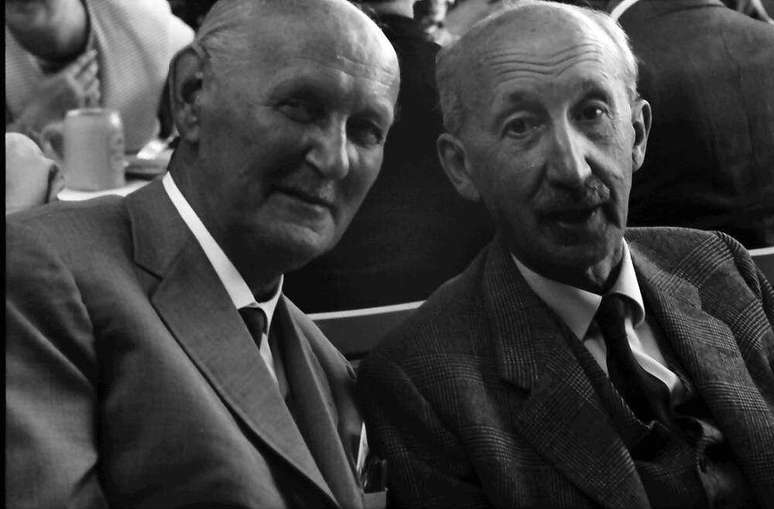Heart failure is often a complication of untreated heart disease.
Today is National Heart Failure Alert Day (9/7), a disease that affects more than 3 million Brazilians and is considered the third leading cause of hospitalization among people over 60 years old in the country, according to Socesp (Society of Cardiology of the State of São Paulo).
Furthermore, heart failure is one of the main chronic diseases that cause mortality and morbidity in the world, explains cardiologist Flávio Cure, head of the Cardio-oncology service of the Rede D’Or.
What is heart failure?
The condition is characterized by a deficit in pumping blood to the heart, compromising the functioning of various organs and tissues.
“Heart failure causes reduced blood flow and backflow (congestion) of blood into the veins and lungs, as well as other changes that can damage the health of the heart. If not treated properly after diagnosis, it can reduce life expectancy by causing heart attacks and coronary blockages,” he emphasizes.
The disease can also cause other complications, such as clinical decompensation with pulmonary edema, visceral congestion, arrhythmias and stroke, as well as renal involvement and recurrent hospitalizations, emphasizes Cláudio Catharina, director of cardiology at the Coronary Care Unit of the Icaraí Hospital, in Niterói (RJ). “Another important complication is sudden death,” says the doctor.
Symptoms
Known as weak heart disease, heart failure has the following main symptoms:
- Shortness of breath;
- Rapid heartbeat;
- Swelling in the legs;
- Fatigue;
- Difficulty performing simple daily activities.
“It is important to pay attention to the signs. Therefore, if a person feels tired after simple tasks or even at rest, it is necessary to investigate the health of his heart,” says the cardiologist of the Rede D’Or.
Cause
Heart failure can be the consequence of several factors, especially cardiovascular diseases that have not received adequate treatment, Cláudio points out. Among the main causes of the disease, Flávio highlights:
- Coronary heart disease (myocardial infarction);
- High blood pressure (arterial hypertension);
- Heart valve diseases;
- Congenital heart disease;
- Myocarditis (inflammation of the heart muscle);
- Diabetes;
- Obesity;
- To smoke.
Therefore, those who already have comorbidities such as diabetes, high blood pressure, or high cholesterol should pay special attention to heart failure, a condition that can cause heart attacks and coronary blockages.
Diagnosis and treatment
To aid in the diagnosis, the cardiologist may request tests such as echocardiogram, electrocardiogram (ECG), and chest x-ray, for example. In addition, stress testing and cardiac catheterization may also complement the investigation of the condition.
Treatment may include dietary changes, such as limited salt and fluid intake, as well as the use of prescription medications. In some cases, your doctor may require the implantation of a defibrillator or pacemaker.
Preventing heart failure means treating hypertension, taking care of cholesterol and diabetes, as well as preventing myocardial infarction and cardiac dysfunction. “Also, offering better socioeconomic conditions to reduce rheumatic fever and infectious and inflammatory diseases that can affect the heart,” concludes Cláudio.
Source: Terra
Ben Stock is a lifestyle journalist and author at Gossipify. He writes about topics such as health, wellness, travel, food and home decor. He provides practical advice and inspiration to improve well-being, keeps readers up to date with latest lifestyle news and trends, known for his engaging writing style, in-depth analysis and unique perspectives.








